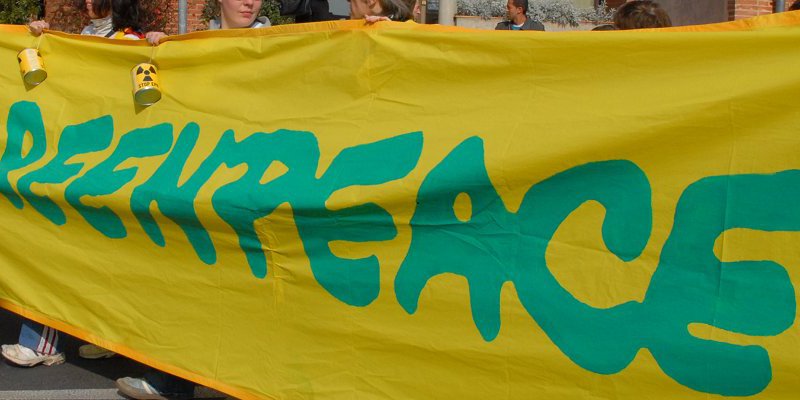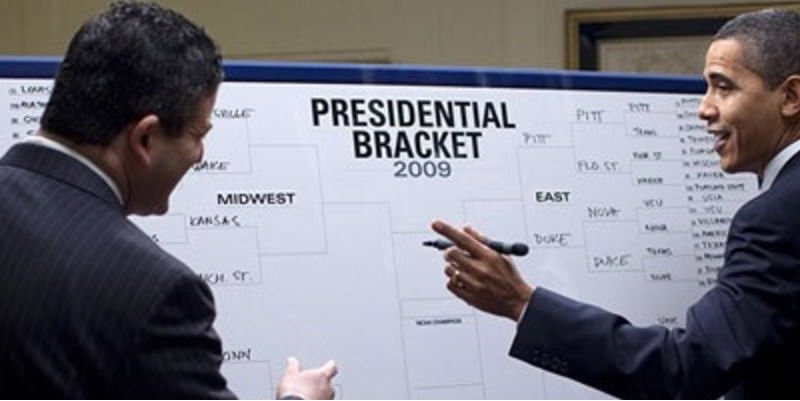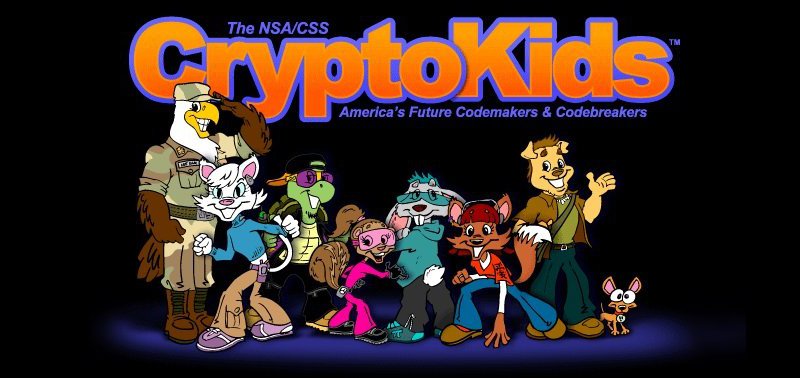-

The exciting projects of the BuzzFeed FOIA Hackathon
Last weekend, MuckRock’s Michael Morisy and Allan Lasser headed to a FOIA Hackathon hosted by the BuzzFeed Open Lab, bringing with them six years of our public records data - all 112GB of it. Here’s a run-down of some of the amazing things people did with it.
-

Monitoring the monitors: Introducing the CVE Watch Project
The Obama administration’s Countering Violent Extremism (CVE) platform has so far given rise to dozens of programs being implemented across the country. Aside from a few frameworks made available for public consumption, details about many of the programs remain hidden from public view. This is particularly remarkable given the criticism these programs have faced from Muslim community members and civil liberties activists.
-

Five hidden costs of being incarcerated
Despite billions of dollars being spent by taxpayers on incarceration costs, billions more are being incurred as debt by the people behind bars. MuckRock takes a quick look at five costs passed to inmates that can keep them down even after they’re out.
-

“Obscene reprehensible spectacle” Super Bowl 50 FCC Complaints
The FCC has released 45 complaints it received regarding Super Bowl 50, mostly concerning the half-time show. And if you’ve seen the Saturday Night Live sketch “The Day Beyoncé Turned Black,” you already have a pretty good idea of where this is going.
-

FOIA March Madness: The Semi-finals
After the bloodbath of last round that separated the Junior Clerks from the Senior Information Specialists, the FOIA March Madness Semifinals turned into an all-out slugfest between some of the most responsive agencies in public records. Here’s who made it to the Final Four.
-

FOIA’s worst environmental offenders
This Earth Day, join us in a bit of envelope shaming as we look at the agencies that waste the most paper to release the least info.
-

Radio(active) silence: EPA can do little to regulate Grand Canyon uranium mining
EPA materials released about a uranium mine near the Grand Canyon highlight the limited role the agency can have in blocking the project - despite its potential harm to local water supply and American’s most iconic natural landmark.
-

FBI files on Greenpeace paint activism as a crime
As we’ve written about before, the FBI’s classification of “economic disruption” as a form of terrorism comes dangerously close to criminalizing activism. Never is that more clear than in their files on the international environmentalist organization Greenpeace, which was labeled a terror threat despite tactics that typically involve launching a protest with some fairy wings, a toilet-shaped dunk tank, and some pointed questions.
-

Help measure the government’s environmental impact for Earth Week
Fellow Earth dwellers, this week offers an opportunity to reflect on the disease and destruction that we humans hath wrought on our poor planet. As we consider ways to cut down on waste and general abuse in our own lives, MuckRock would also like to encourage you to check in on what sorts of environmental havoc our own government has encouraged here and abroad.
-

The 2016 Tax Day anger read: IRS FOIA rejections
An annual tradition here at MuckRock, it’s time for the Tax Day Anger Read - because there’s nothing like some righteous indignation to help cure that audit anxiety. Today, we’re looking at the broader issue of IRS FOIA rejections, and the sense one gets that you’re dealing with an agency that really doesn’t want you to know what it’s doing.
-

Help us hack FOIA data at BuzzFeed’s hackathon
On April 23, MuckRock is joining BuzzFeed and dozens of other transparency enthusiasts to figure out what we can learn from a database of tens of thousands of FOIA and public records requests. Join us, in person or on the web, and let’s make FOIA a little more open.
-

The Private Prison Primer: What are we really signing on for? Part 4
In the fourth and final part of MuckRock’s introduction to private prison contracts, we consider the failures of standard safeguards and the importance of public vigilance in a growing industry.
-

Pentagon declassifies Talking Points regarding controversial Army interrogation manual
While it is generally believed the Obama administration outlawed torture by executive order in January 2009, the ban was not total. According to the UN committee that reports on country compliance with the UN treaty, the U.S. Army Field Manual on interrogation uses techniques that constitute “ill-treatment” and raise concerns about the use of torture.
-

The Private Prison Primer: What are we really signing on for? Part 3
In part 3 of MuckRock’s look at private prison contracts, we point out the add-ons and hidden costs that keep companies comfortably within government standards.
-

The winners and losers of FOIA March Madness: Round 2
FOIA March Madness is off to an ugly start, with many top seeds eliminated before they even left the gate. See which of the 64 agencies that started are still in the running.
-

Requester’s Voice: TRAC and FOIA Project’s Sue Long
Sue Long, co-founder of Syracuse’s Transactional Records Access Clearinghouse and The FOIA Project, is one of the field’s legends. She has been pulling databases out of agencies since they were stored on tape reels — and well before data journalism was a hot trend. She shares her advice to other requesters as well as how she accidentally found herself as a FOIA pioneer
-

The Private Prison Primer: What are we really signing on for? Part 2
What is the government looking for when it decides it wants a private prison? In part 2 of our look at private prison contracts, we take a step back to the Request for Proposal, the government’s opening invitation for bidders to throw in their offers.
-

Cambridge leads its neighbors in arbitrary public records fees
In the last couple years, the People’s Republic has adopted a surprisingly undemocratic approach to public records, charging for search and processing fees that other municipalities were willing to waive - even when the task took as little as six minutes.
-

The Private Prison Primer: What are we really signing on for? Part 1
Private prisons operate in dozens of towns and cities across America - today, we kick off a four-part series looking at the lucrative government contracts designed to keep them there.
-

The CryptoKids aren’t alright
Generally speaking, like most people in the FOIA community, my interest in public records stems from a desire to know what and why my government is doing, and the always pleasant surprise that I am legally owed an answer. Specifically speaking, I wanted to know who at the NSA signed off on making a saxophone-playing squirrel in safety goggles their kid-friendly mascot.
-

MuckRock needs your help to save the Redaction Beetle
Over-redaction of FOIA documents is threatening to wipe out this noble species, and only you can stop it. Urge your FOIA officer to #ThinkOfTheBeetle before applying that b(5).